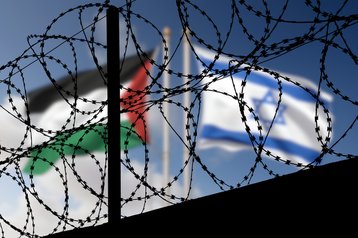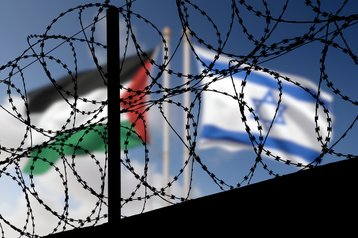Microsoft has confirmed that it sold AI and cloud computing services to the Israeli military during the ongoing conflict in Gaza, while maintaining that its technology was not used to harm people.
In a statement released on May 15, the company addressed concerns from employees and the public regarding the use of Microsoft Azure and AI services by the Israeli military. Following an internal review and external fact-finding, Microsoft claimed to have found no evidence that its Azure and AI technologies were used to target or harm individuals in the Gaza conflict.
Microsoft’s Services to Israel
Microsoft acknowledged providing the Israel Ministry of Defense with various services, including software, professional services, Azure cloud services, and Azure AI services such as language translation. The company also worked with the Israeli government to protect its national cyberspace from external threats.
The confirmation of Microsoft’s business relationship with the Israeli military comes as no surprise, given previous investigations suggesting such ties. In April 2024, reports emerged indicating that Microsoft supplied Israel’s defense services with at least $10 million in computing and storage services during the Gaza war. The Guardian’s investigation revealed that Microsoft’s Azure cloud computing platform was used across Israel’s air, ground, and naval forces, as well as by its intelligence department, for both administrative and combat-related activities.
Controversy and Employee Reactions
The company’s actions have sparked controversy, with some employees protesting against Microsoft’s contracts with the Israeli military. In February 2025, five Microsoft employees were removed from a meeting with CEO Satya Nadella for voicing their opposition. Previously, in October 2024, Microsoft had fired two employees for holding a vigil for Palestinian refugees at the company’s headquarters.
Microsoft’s AI standard emphasizes a responsible approach to AI while respecting human rights, although it does not explicitly prohibit engagement in certain practices. The conflict in Gaza has resulted in significant humanitarian concerns, with over 50,000 deaths reported, many of whom are women and children.



